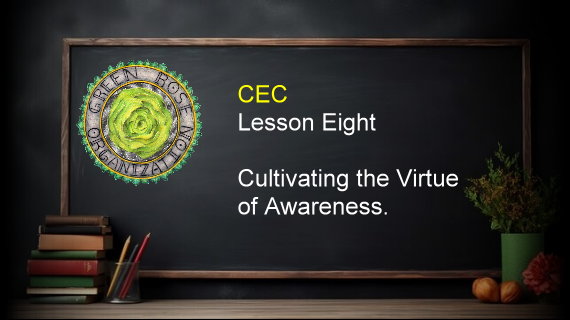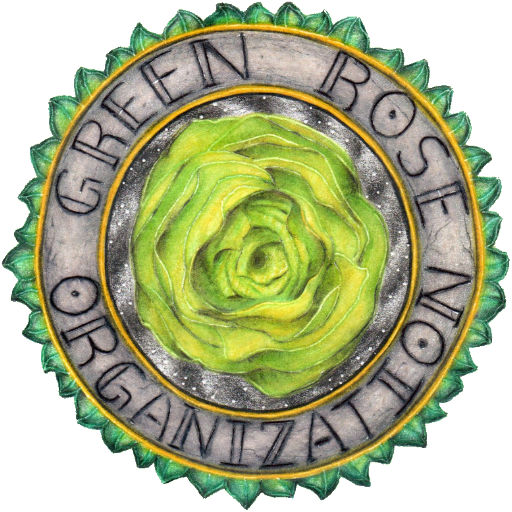
CULTIVATING THE VIRTUE OF AWARENESS
EIGHT PRACTICES TO CULTIVATE AND SUSTAIN THE VIRTUE OF AWARENESS
Cultivating the virtue of awareness involves deepening one’s ability to be fully present, perceptive, and attentive to both inner and outer experiences. Awareness, often associated with mindfulness and self-reflection, serves as a cornerstone for living authentically and ethically. Here’s how one might cultivate this virtue: 1. Practice Mindfulness—Focus on the Present: Dedicate time to grounding yourself in the moment. Techniques like mindful breathing, meditation, or simply observing your surroundings can sharpen your awareness. Cultivate Non-Judgment: Awareness includes noticing thoughts and feelings without labeling them as “good” or “bad.” This fosters clarity and self-acceptance. 2. Reflect Regularly—Daily Self-Reflection: Spend time each day considering your actions, thoughts, and emotions. Questions like, “What motivated me today?” or “What did I learn?” encourage awareness. Journaling: Writing down your reflections can help track patterns, leading to greater insight. 3. Deepen Emotional Awareness—Acknowledge Your Emotions: Pay attention to how emotions manifest in your body and mind. Emotional awareness involves recognizing not just what you feel, but why. Empathy for Others: Awareness extends to understanding the emotions and perspectives of those around you. 4. Engage Your Senses—Sensation-Based Practices: Activities like savoring a meal, walking in nature, or listening to music can heighten sensory awareness, connecting you more deeply with the physical world. 5. Question Assumptions—Challenge Your Biases: Awareness grows through questioning long-held beliefs and recognizing unconscious patterns. This opens the door to greater objectivity and openness. Seek Diverse Perspectives: Engaging with ideas or cultures different from your own broadens mental horizons and deepens awareness. 6. Commit to Lifelong Learning—Stay Curious: Awareness flourishes through intellectual and experiential growth. Continual learning—be it through reading, conversation, or new experiences—keeps the mind alert. Adopt a Beginner’s Mindset: Approach each experience as if it’s new, fostering fresh observations and avoiding complacency. 7. Cultivate Presence in Relationships—Active Listening: Truly hearing what others say without preparing a response demonstrates relational awareness. Be Fully Present: Give people your undivided attention, free from distractions or assumptions. 8. Embrace Humility—Accept Your Limitations: Awareness includes recognizing the limits of what you know and being open to change. Learn from Feedback: Constructive feedback from others is an invaluable tool for refining self-awareness. The virtue of awareness, once cultivated, becomes a lens through which life can be experienced with greater clarity, purpose, and connection. It aligns closely with many ethical systems, as it sharpens the capacity to make thoughtful, intentional choices.

